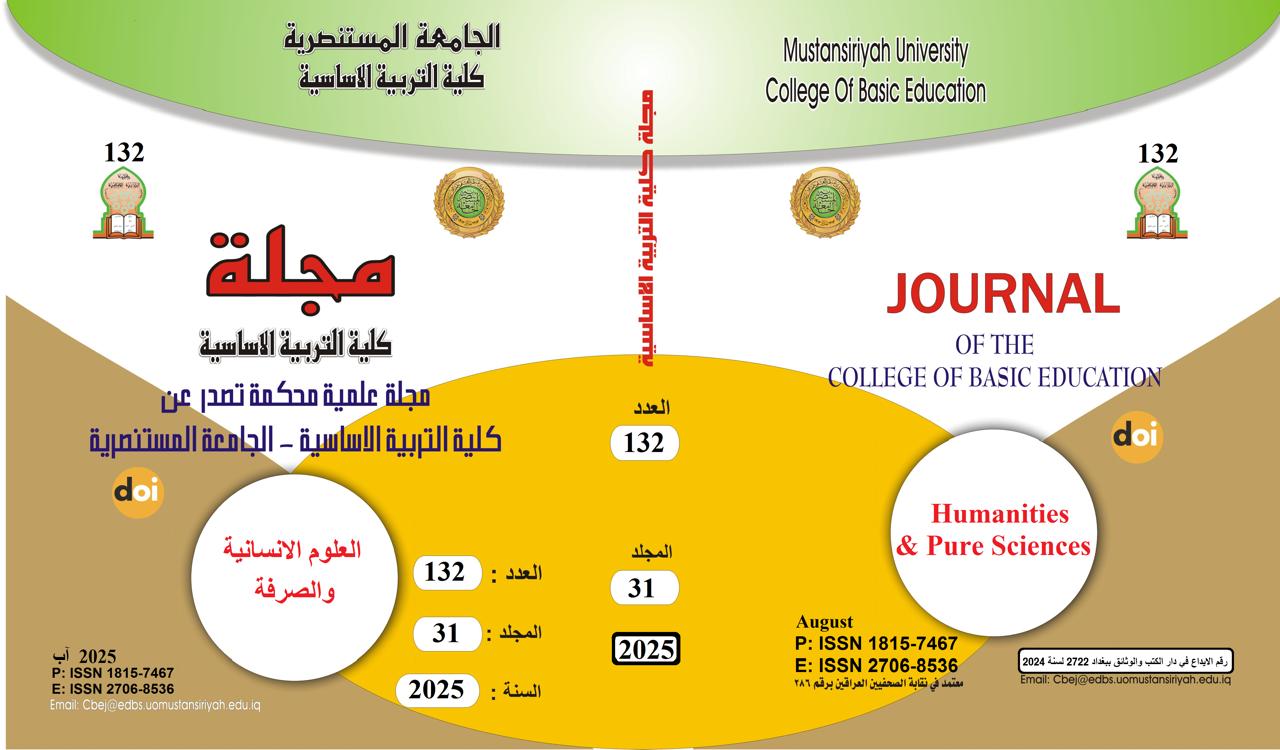Abstract
Historically speaking, mysticism, known in Arabic as Sufism, may take the form of a religious ritual, a prayer, a science', or a kind of cosmic speculation.
Some forms of mysticism have been rejected or severely criticized and mystics were declared heretics, even persecuted to death. Mysticism tends to involve certain practices, expressions, claims, or ecstatic words that are described as extraordinarily divergent or extravagant sacrilegious aberrations. What
orientalists or Islamic scholars call "words of ecstasy,"? I will refer to as
"Deviation," or in Arabic, ash-Shat hã or al-Ghulu as-Sufi. Deviation is "a divergent movement of the secret that finds a vent, an outlet, as a result of the fierceness of the mystical ecstasy." Deviation occurs either at the peak of longing,
which is characterized as a drunken stupor, or in the process of proclaiming what they call "the secret." Sufis seek out this secret on the road to union with the Truth, the Absolute, or the One God. This union, also referred to as Incarnationism, is known in Arabic as al-Hulul. The Sufi who has experienced Incarnationism is said to have been astray in intoxicating himself, at which point he starts to vent, unconsciously, the unutterable, or to innovate, in what is seen by the orthodox, or religious "authority" as a denigration of religion, or blasphemy (bida), or even heresy (zandaqa). Drinking the wine of the Beloved, who is God, usually comes up as a thematic image in Sufi mystical

